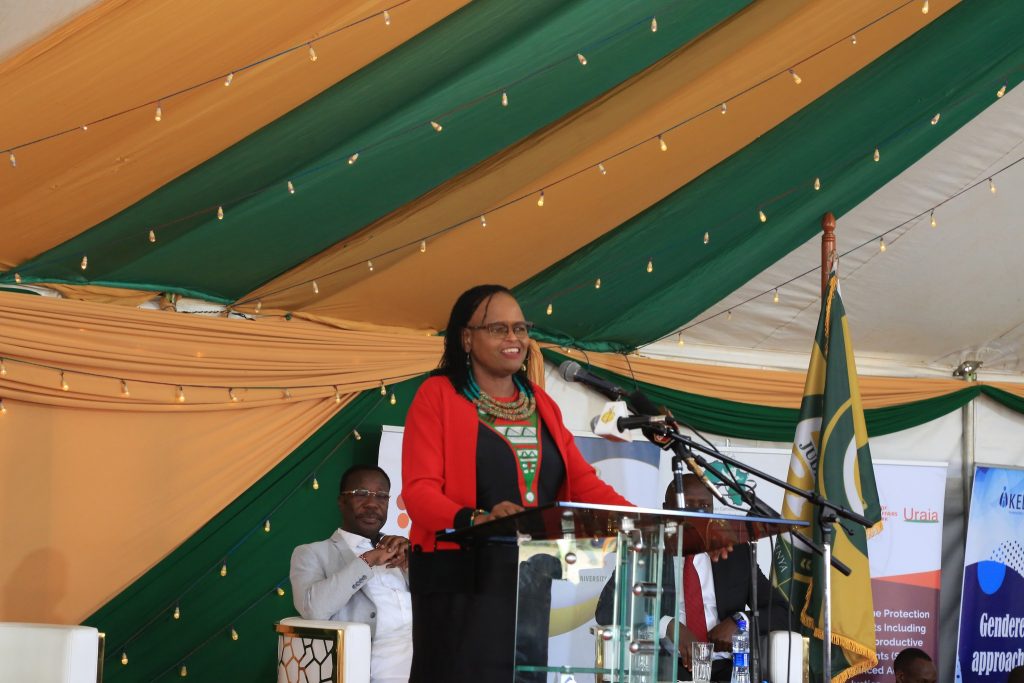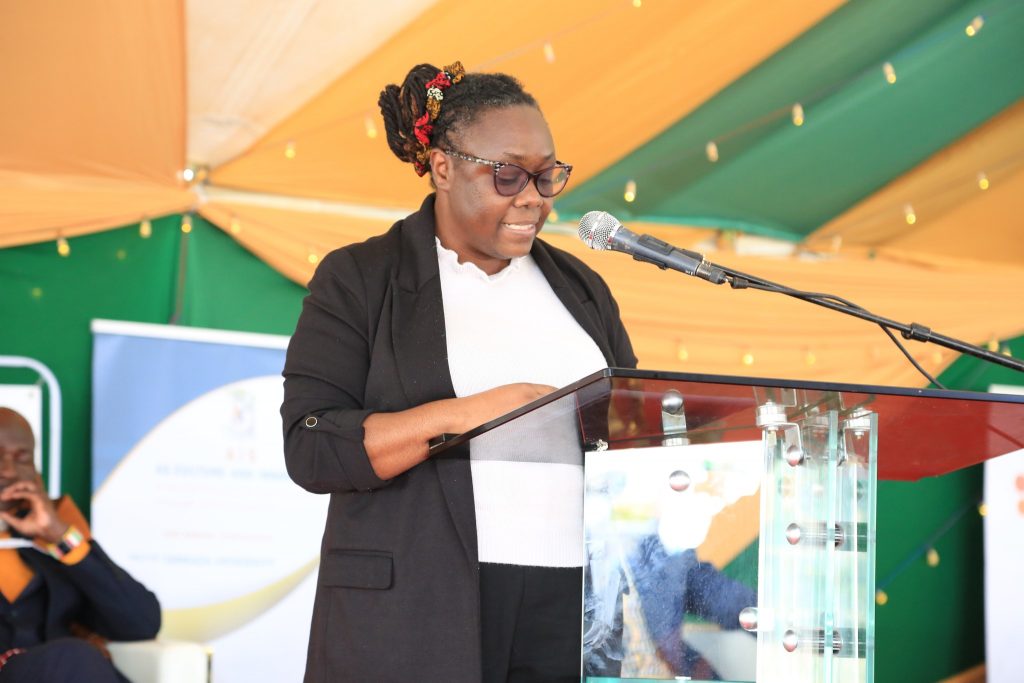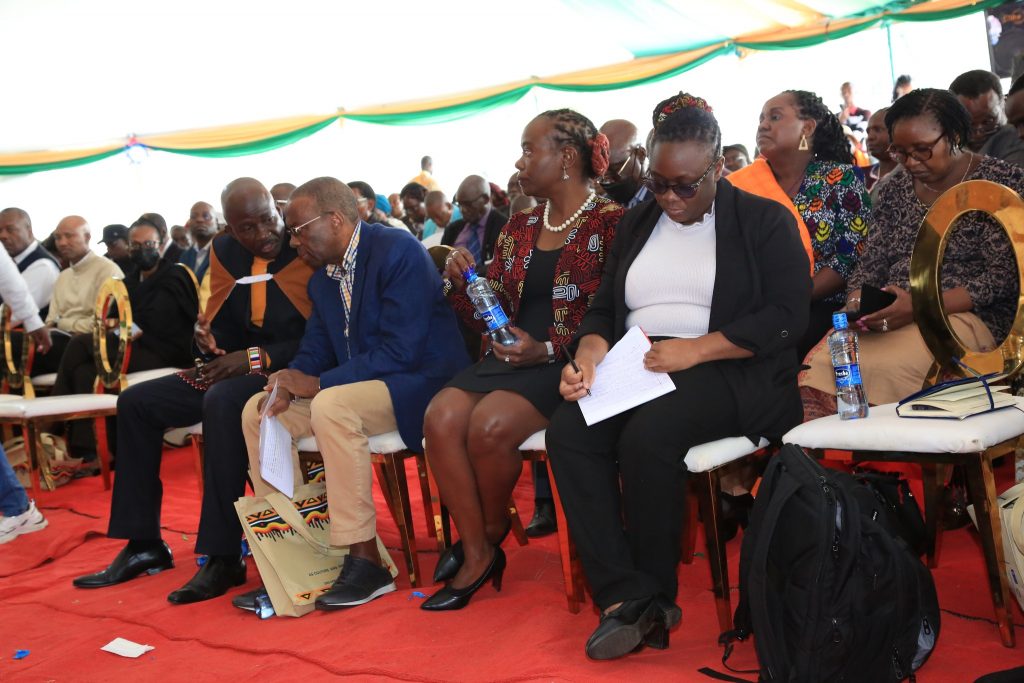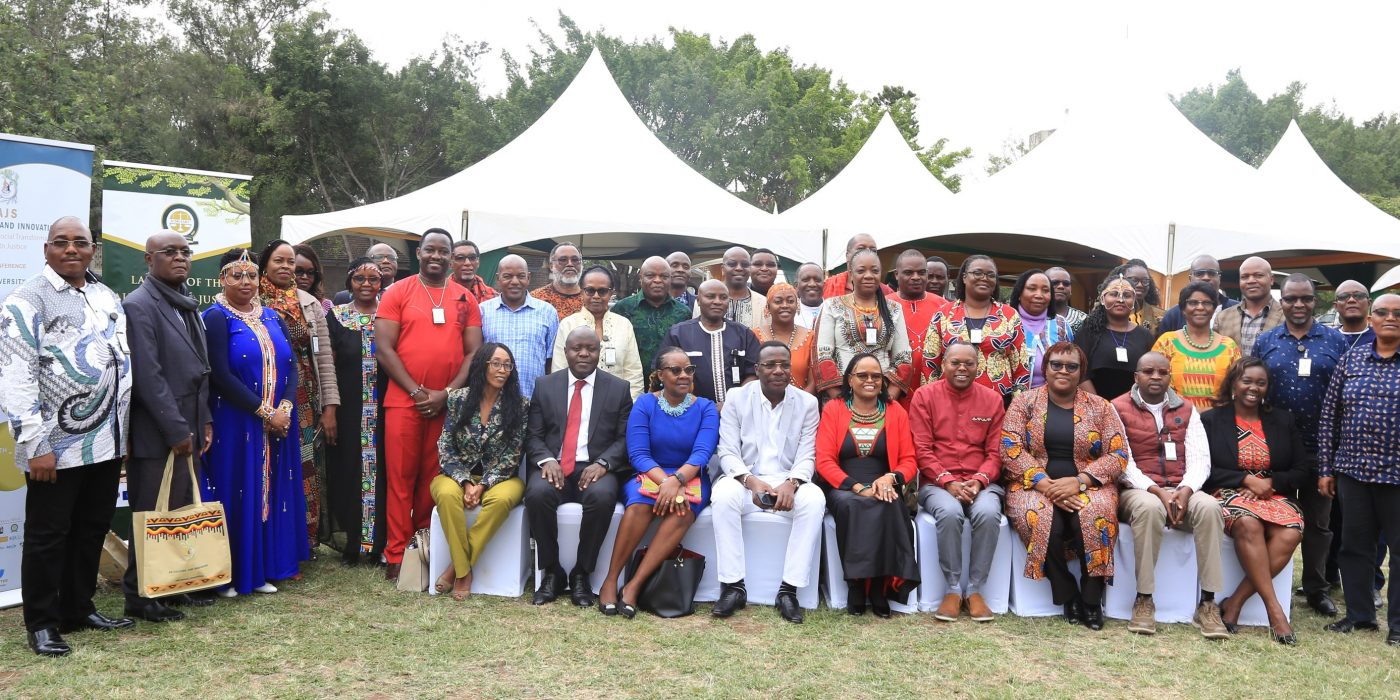The National Steering Committee on the Implementation of the Alternative Justice Systems Policy (NaSCI-AJS) on 26th June 2023 convened the 2nd Annual National Conference on Alternative Justice Systems in Kenya at Tangaza University College. The conference brings together justice actors, practitioners, judicial officers, academics, policy makers, civil society actors, development partners, community leaders and all stakeholders in the Access to Justice Ecosystem.

The 2nd AJS Conference coined its theme “AJS as Culture and Innovation in Accelerating Social Transformation through Access to Justice”. The theme appreciates the embodiment of AJS in the moral economy of justice. As culture is the center and a signifier of the moral economy, it appreciates that culture is a multi-functional concept with the capacity to explain identity as well as practice.
The conference aimed at fulfilling one of the major objectives of the committee: to rally all sectors of Kenyan social, religious, judiciary and cultural life to continuously and emphatically support the AJS mechanism and expand the pool of individuals and groups accessing justice in Kenya.
The AJS conference was presided over by Hon. Justice Martha Koome, Chief Justice & President of the Supreme Court. In her keynote address, the Chief Justice stated that the Judiciary has taken a firm policy position as guided by the Constitution to embrace and promote alternative justice systems as a viable and legitimate option for resolving disputes and enhancing access to justice for all Kenyans.

Kituo’s Executive Director Dr. Annette Mbogoh while giving her remarks emphasized on the need to prioritize AJS and support it by allocating resources globally and internationally and the need for documentation to measure the impact of Alternative Justice Systems (AJS) collectively and individually.
This comes amidst positive feedback from AJS Practitioners and the community that embrace AJS as an ideal forum for the resolution of disputes as it is closer to the people, more affordable, easier to access, familiar, and less bureaucratic. AJS as people centred justice serves as a form of restorative justice. Due to its participatory nature, it ensures more social inclusion.
Dr. Mbogoh added that alternative justice systems are not new or foreign to us. They are part of our rich and diverse cultural heritage and traditions. They are based on values such as respect, dialogue, reconciliation, restoration, harmony, and community participation. They are flexible, accessible, affordable, timely, and responsive to the needs and aspirations of the people.

Kituo will continue to collaborate with Judiciary through the National Steering Committee for the Implementation of the Alternative Justice Systems Policy (NaSCI-AJS) in setting up structures and plans, public sensitization, training of AJS practitioners, and setting co-referencing mechanisms between AJS structures and courts

